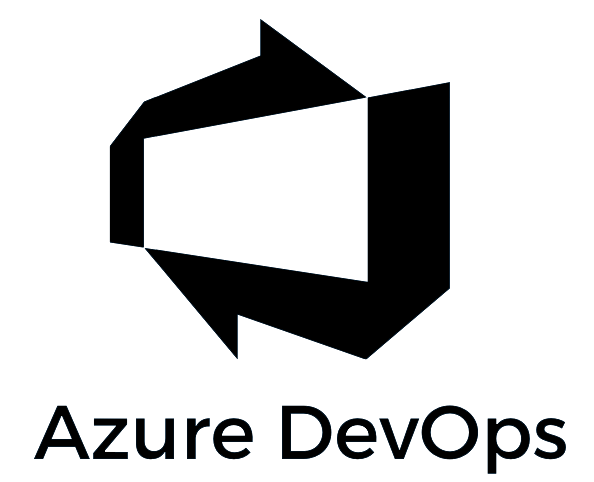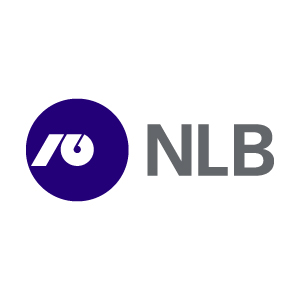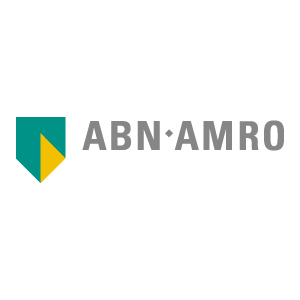
Selenium
Validata + Selenium = Better Together
At Validata, we don’t believe that choosing open source vs commercial software should be an either-or decision, and you definitely don’t have to get rid of Selenium to get rid of your problems. Leveraging AI and machine learning to solve these challenges, Validata helps companies accelerate automation testing and improve the stability of Selenium tests, providing self-healing and AI-powered recommendations pre and post-execution.
Accelerate software delivery while ensuring optimum customer experience
QA teams need provide an excellent user experience for application interfaces. UI automation testing is a critical component for customer experience validation, and in most cases, Selenium has been adopted as the testing framework of choice. However, Selenium test cases suffer from common UI automated testing challenges of maintainability, stability, and long execution times. This is due to their complexity, the need for coding and their inability to automatically adapt to changes.
Address test execution issues within CI/CD pipeline
Validata monitors the execution of your Selenium tests as part of the CI/CD pipeline and, if a test fails, it applies AI and ML to determine the root cause of the failure. This helps you spend less time chasing unstable tests and more time uncovering real bugs. It enables you to make Selenium test automation more productive by integrating test results with Validata to maintain control over all of your Selenium tests
AI-generated recommendations
Through AI-powered recommendations and suggestions you can see what’s broken, how to fix it, and who is the right person to fix it, reducing test maintenance from hours to minutes.
Test Only the changes
Instead of having to execute thousands of tests every time there is a change, Validata is able to identify the impacted areas and suggests which tests need to be executed to validate the changes between builds. With AI-powered Live Impact Analysis, it helps reduce the time it takes to execute your tests, so you can get faster feedback from the CI/CD pipeline.
AI-driven Insights
Validata provides AI-driven advanced analytics from your test results, and help identify project anomalies and potential future needs and outcomes.
Integrate into CI/CD
You can seamlessly integrate your Selenium test scripts with Jira issues and link failed Selenium scripts with specific Jira user stories and defects. Validata’s integration with Jenkins also enables teams to consolidate Validata and Selenium tests in Jenkins.

Jenkins
Drive Speed and Quality in your Software Delivery Pipeline
Validata is integrated with your Jenkins CI/CD orchestration engine, enabling the DevOps and QA teams, to engage at every step of the software delivery pipeline, from inception to design to delivery. It allows teams create testing pipelines, by consolidating all your tests in the CI/CD process, to facilitate communication in continuous integration and continuous delivery environments, and giving teams the visibility into the latest test and build results.
This will enable you to execute your deployments and test cases from your Jenkins pipeline. A simple API call will be made to Validata, which will then trigger the execution of the test cases, as well as sending the results back to the Jenkins instance, continuously checking quality at each stage of DevOps.
Integrate Intelligent Continuous Testing into your CI infrastructure
Configuration and triggering pipelines in Jenkins with integration to Validata tests , listing below some of the main functions:
- Run and re-run a set of tests
- Parallel –distributed execution
- Ability to integrate through Jenkins the test data or results from Validata execution with other systems like selenium scripts
- Allow Jenkins to orchestrate the build and execution of the testing pipeline including all Validata test cases needed.
- Allow Jenkins to use Validata test data, expected and actual results, on other test cases built in other tools like Selenium through Jenkins orchestration engine.

Jira
JIRA is an issue tracking system by Atlassian used by many organizations to effectively manage projects, work items, and conversations about tasks. Jira test management is essential and your testing teams need an intelligent Jira testing tool to stay on top.
Validata seamlessly integrates with Jira and allows for continuous retrieval of issues, tasks and other data from JIRA to Validata. It creates an original snapshot of the Jira issues in and keeps it always in sync, real time in a bi-directional way through CSV. Based on built-in unique identifiers it consolidates the information and picks up deltas /changes since the last retrieval.
Benefit from AI and Machine Learning
The clients can benefit from the real time AI recommendations on root cause analysis, time to fix and corrective action plans , without losing their existing investment in Jira, and they can also have a unified platform for reporting to better analyze and track testing progress without the hassle of complex reporting tools.
Flexible deployment
Works with all Jira deployments – cloud, server and data center
Seamless Data Flow
No more delayed syncs. Your data is always up to date — including requirements, defects and more, so any issues can be resolved faster.

Micro Focus Quality Center
Validata has a prebuilt integration with Micro Focus Quality Center (QC) in order to offer our clients, the ability to synchronize their Test Assets (Test structures/Execution results) from Validata repository back to QC. Due to the fact that a lot of organizations are running their defect management process through the Micro Focus Quality Center, this integration point allows the maintenance of the defect management either within Validata or directly to QC.
In an effort to reduce clients’ costs, this Integration – Synchronization service will give the maximum ROI without making obsolete the existing software, on which clients have already invested.
It also offers a comprehensive solution that extends the functionality of existing applications and providing enhanced business problem solving. The product is flexible and easy to customise based on clients’ needs.
Integration with Micro Focus QC can be used for the following areas:
- Projects/Subprojects
- Requirements
- Test cases
- Execution cycles
- Defects

Azure DevOps
Validata seamlessly integrates with your Azure DevOps environment to ensure intelligent continuous testing in your continuous integration process.
Developers and testers can create testing pipelines, instantly review changes due to history and version control, and recover from software defects more quickly. Leveraging AI and machine learning Validata enables AI-generated recommendation and faster defect root cause analysis enabling your teams to achieve lower development costs and a reduced project impact.
- Your end-to-end, business-driven tests can be executed directly from Azure DevOps engine
- Enable mix of test data and expected results between different testing tools through Azure DevOps orchestration engine.
- An always up-to-date Regression Test Pack by automatically injecting data changes in the test steps before executing.
- Centralize the test results and execution status as part of the build pipeline
- AI-driven insights and recommendations for your tests

Pega
Simplify and Accelerate your Pega Testing
Validata helps enterprises plan, design, and execute resilient AI-powered, automated testing for Pega. Simplify Pega testing and ensure that Pega functionality works flawlessly in the context of complete (end-to-end) business processes.
By transforming manual, tedious processes into automated digital ones in a code-free way, Pega clients are able to accelerate business outcomes, remove the possibilities for errors by human intervention and deliver exceptional customer experiences.






















